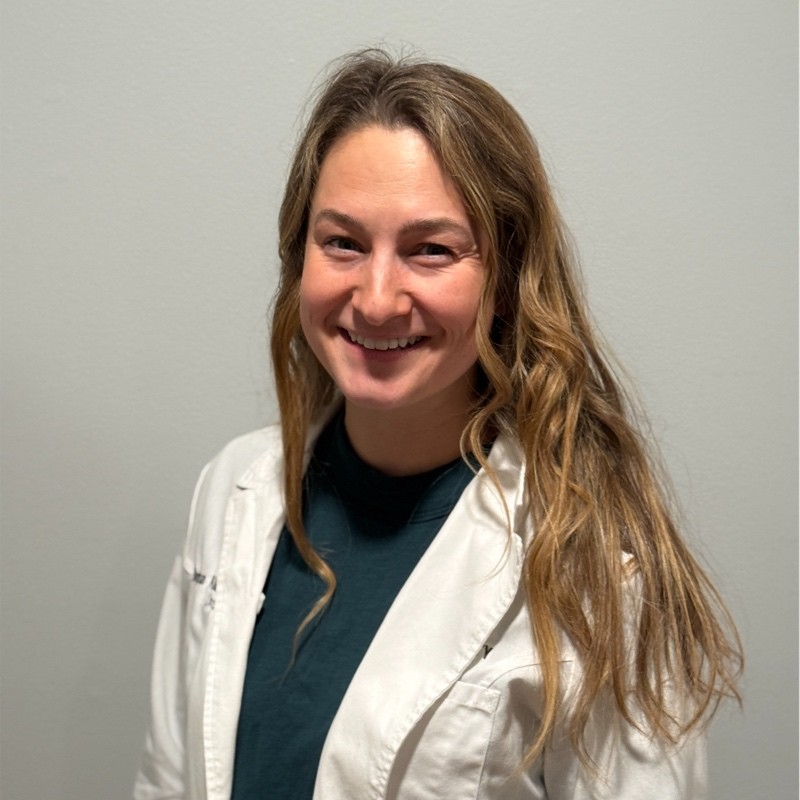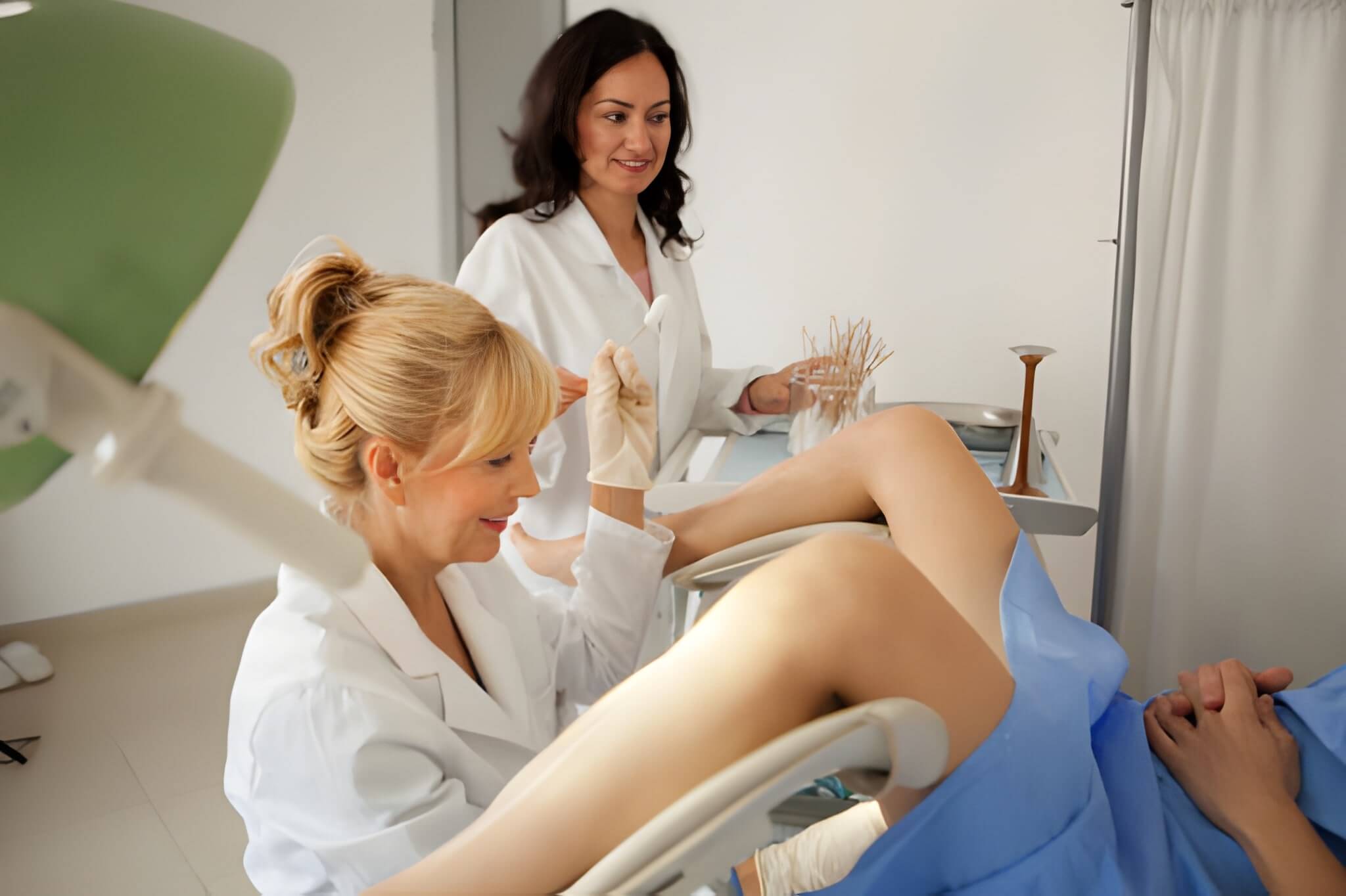Medically Reviewed by Dr. Meghan Killilea Galli — HealthGardeners
If you’ve been told it’s time for your first Pap smear, you may feel nervous or unsure about what to expect. Many women in Hartford, CT ask: “What happens at a Pap smear test?” or “How do I prepare for my first Pap smear?”
The good news: while the idea of your 1st Pap smear may feel intimidating, the test itself is quick, safe, and an important step in protecting your health.
As a Family Nurse Practitioner specializing in women’s preventive care, I help patients through their first time Pap smears often. In this guide, I’ll explain what happens, how to prepare, and tips to make your experience as comfortable as possible.
What Is a Pap Smear?
A Pap smear (also called a Pap test) is a screening exam that checks for abnormal cervical cells. These changes, if left untreated, can lead to cervical cancer.
The test is simple: your provider collects a small sample of cells from the cervix (the lower part of the uterus). This is then sent to a lab for analysis.
When Should You Have Your First Pap Smear?
National guidelines (from the American College of Obstetricians and Gynecologists [ACOG]) recommend:
-
Start Pap smears at age 21, even if you’re not sexually active.
-
Ages 21–29: Pap test every 3 years.
-
Ages 30–65: Pap test every 3 years, or Pap + HPV test every 5 years.
So if you’re approaching 21, it’s time to schedule your first time Pap smear test.
How to Prepare for Your First Pap Smear
Preparation can make your 1st Pap smear smoother and less stressful.
Here are some tips:
-
Timing in Your Cycle
-
The best time for a Pap smear is 10–20 days after the first day of your period.
-
Avoid scheduling during heavy menstrual flow, as blood can affect results.
-
-
Avoid Vaginal Products Before the Test
-
For 24–48 hours before your appointment:
-
Don’t douche (not recommended in general).
-
Avoid vaginal creams, medications, or lubricants unless prescribed.
-
Avoid sexual intercourse.
-
-
These can wash away or obscure cervical cells, making the test less accurate.
-
-
Wear Comfortable Clothing
-
A dress or skirt can make it easier when you need to undress from the waist down.
-
-
Relaxation Techniques
-
Deep breathing and unclenching pelvic muscles can make the test more comfortable.
-
What Happens at Your First Pap Smear?
If you’re nervous about what happens, here’s a step-by-step walkthrough of a Pap smear first time:
-
Medical History
Your provider may ask about:-
Menstrual cycle
-
Sexual history
-
Birth control use
-
Past health conditions
-
-
Positioning
-
You’ll lie on the exam table with feet in stirrups.
-
-
Speculum Insertion
-
A small instrument called a speculum is inserted into the vagina.
-
You may feel pressure, but it shouldn’t be painful.
-
-
Cell Collection
-
A small brush or spatula gently swipes the cervix.
-
This may cause a brief cramp or pinch.
-
-
Completion
-
The speculum is removed.
-
The whole exam usually takes just a few minutes.
-
Does a First Pap Smear Hurt?
Most women find that Pap smears are not painful, though they may feel:
-
Mild pressure during speculum insertion
-
A slight cramp or pinch during cell collection
-
Some light spotting afterward
Pain is not typical, but anxiety or muscle tension can make it more uncomfortable. Communicating with your provider helps a lot.
First Pap Smear for Virgins
Many Hartford women ask: “Can virgins have Pap smears?”
Yes, Pap smears are recommended starting at age 21, regardless of sexual history. If you’re a virgin:
-
Your provider may use a smaller speculum.
-
The exam may feel unfamiliar, but it should not be painful.
-
A Pap smear does not affect virginity.
After Your First Pap Smear
Common experiences include:
-
Spot bleeding or light discharge for 1–2 days
-
Mild cramping that goes away quickly
These are normal and temporary.
When to call your provider:
-
Heavy bleeding (like a period)
-
Severe pain
-
Fever or unusual discharge
Why Pap Smears Are So Important
Even though your first Pap smear may feel intimidating, remember that it’s a powerful tool for prevention.
Benefits include:
-
Detecting abnormal cells before they become cancer
-
Preventing cervical cancer with early treatment
-
Providing peace of mind about your health
In Hartford, women have excellent access to preventive care through Hartford HealthCare, Saint Francis Hospital, and UConn Health Women’s Services.
FAQs
1. How do I prepare for my first Pap smear?
Avoid vaginal products, sex, or douching for 24–48 hours before. Schedule outside heavy period days.
2. Does a Pap smear hurt the first time?
No, though it may feel uncomfortable or cause mild cramping.
3. Can virgins get Pap smears?
Yes, Pap smears are recommended starting at 21, even for virgins.
4. How long does a Pap test take?
Usually less than 5 minutes.
5. What if I’m too nervous for my first Pap?
Tell your provider — they can use a smaller speculum, explain each step, and help you relax.
Final Thoughts
So, what should Hartford women expect from their first Pap smear? While the idea may cause nerves, the test itself is quick, safe, and usually not painful. Preparing in advance and communicating with your provider can make your experience smoother.
At HealthGardeners, I’m committed to helping Hartford women feel comfortable, informed, and confident as they take this important step in preventive health.
Disclaimer: This is informational content, not a substitute for professional medical advice.
“Visit Hartford Health for detailed guides on local women’s health topics.”

Meghan Killilea Galli, APRN, FNP-BC, is a Connecticut-based board-certified Family Nurse Practitioner with over 5 years of experience in urology, women’s pelvic health, and primary care. She practices with Hartford HealthCare and Griffin Faculty Practice Plan and founded Health Gardeners to share reliable, evidence-based health information.
Read More
